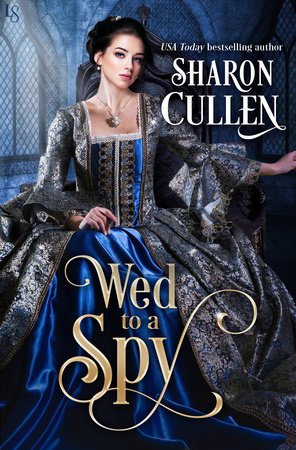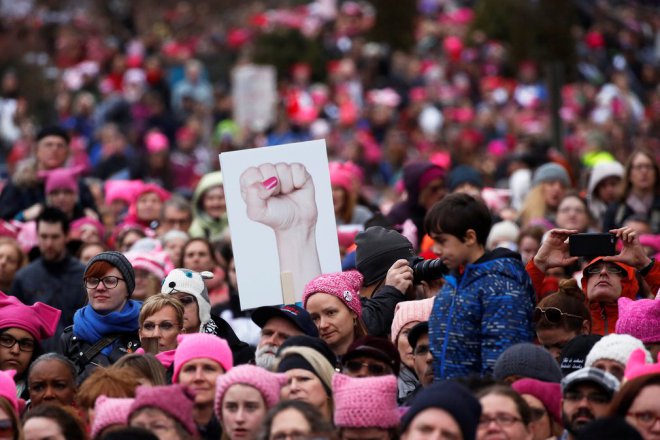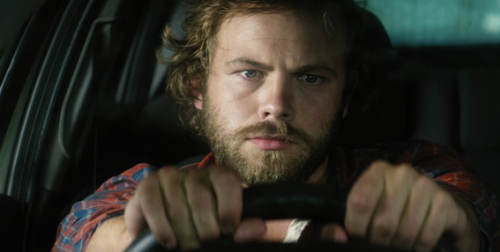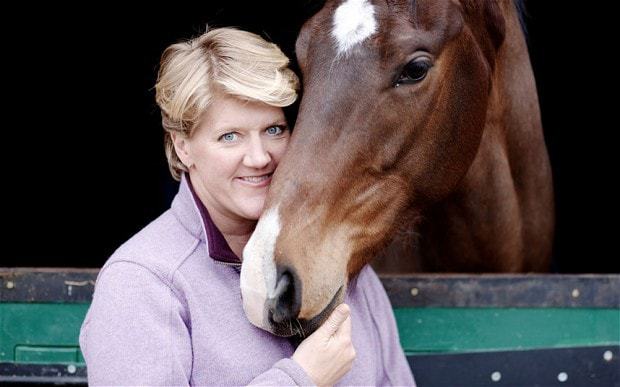Released 20 years ago today in the UK, Starship Troopers was a film that was misunderstood by many critics and journalists at the time, who failed to look past the glossy action movie exterior, to see the satirical war commentary that lies beneath.
Directed by Paul Verhoeven, director of celebrated classics such as RoboCop and Total Recall, and based upon the novel of the same name by Robert A. Heinlein, the film tells the story of three high school friends who join the military to fight an intergalactic a war with an alien race of bug-like creatures.
While the book was written as a celebration of the military that revelled in the glories of war, Verhoeven took his film in a different direction, using satire and over the top characterisation and events to paint the military as both ridiculous and dangerous. Verhoeven takes visual inspiration from the Nazi party, with many of the film’s uniforms, flags and iconography being similar to that of the Third Reich.
None of this is too shocking, however, given Paul Verhoeven’s history of growing up in Nazi occupied Netherlands and seeing a nearby German military base fall under attack from Allied forces on more than one occasion. Some view Starship Troopers as a satire of the military and war, but they can often fail to grasp just how anti-military the film is. Critic Phil Coldiron put it best when he called it “one of the greatest anti-imperialist films”.
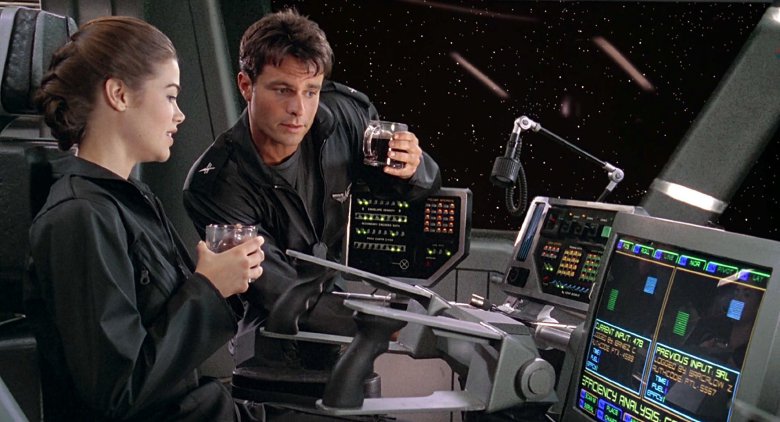
This bleeds through the entire runtime, not just from the aforementioned designs, but in the casting of young blonde-haired and blue eyed actors, in having all older figures of authority missing limbs and covered in scars, and with blatant propaganda videos appearing throughout.
Despite these deeper themes, the overall experience is quite simple. Earth has gone to war with an alien race of insects from the planet Klendathu, a race that the human leaders claim want to wipe out all of humanity. Three high schoolers immediately join up for patriotism and glory, each entering a different branch of the military; Rico (Casper Van Dien) joins the mobile infantry, Carmen (Denise Richards) joins the Federation Fleet, and Carl (Neil Patrick Harris) joins Military Intelligence.
Over the course of the film we see the trials and tribulations of these three, along with a host of other characters, as humanity takes to the stars to kill the bugs. We see victories and defeats, mistakes and advancements, love and loss. The film shows us all aspects of the war, yet never glorifies it, never rewards the characters. Even come the end when they manage to reach their objective and capture one of the bug’s leaders, the characters simply go back to the fight.

Even for a film that’s now two decades old, it still looks great. Mixing together CGI and practical effects, it manages to look glossy and bright, with brightly coloured bugs swarming across desert planets as they try to kill their fragile human foes. The costume design makes the heroes stand out, their dark black and grey uniforms a stark contrast to the desert battlefields they fight in. The costumes were well received and would go on to be re-used in several film and television projects, including (surprisingly) Power Rangers Lost Galaxy.
With competent action choreography, huge explosions, and more expended rounds of ammunition than any other film to that point, the war sequences are loud, brash, and gory. The bugs explode in showers of disgusting fluids, and humans are stabbed, slashed, and ripped to pieces in deaths that don’t shy away from showing the brutality of war.
Starship Troopers is filled with over the top characters, action, and silly moments that makes it more than just a standard war movie, or more than a science fiction film. With war, fascism, and violence perhaps more prevalent today than the time of its original release, the film remains an important social commentary wrapped in a wacky sci-fi adventure.
- More


